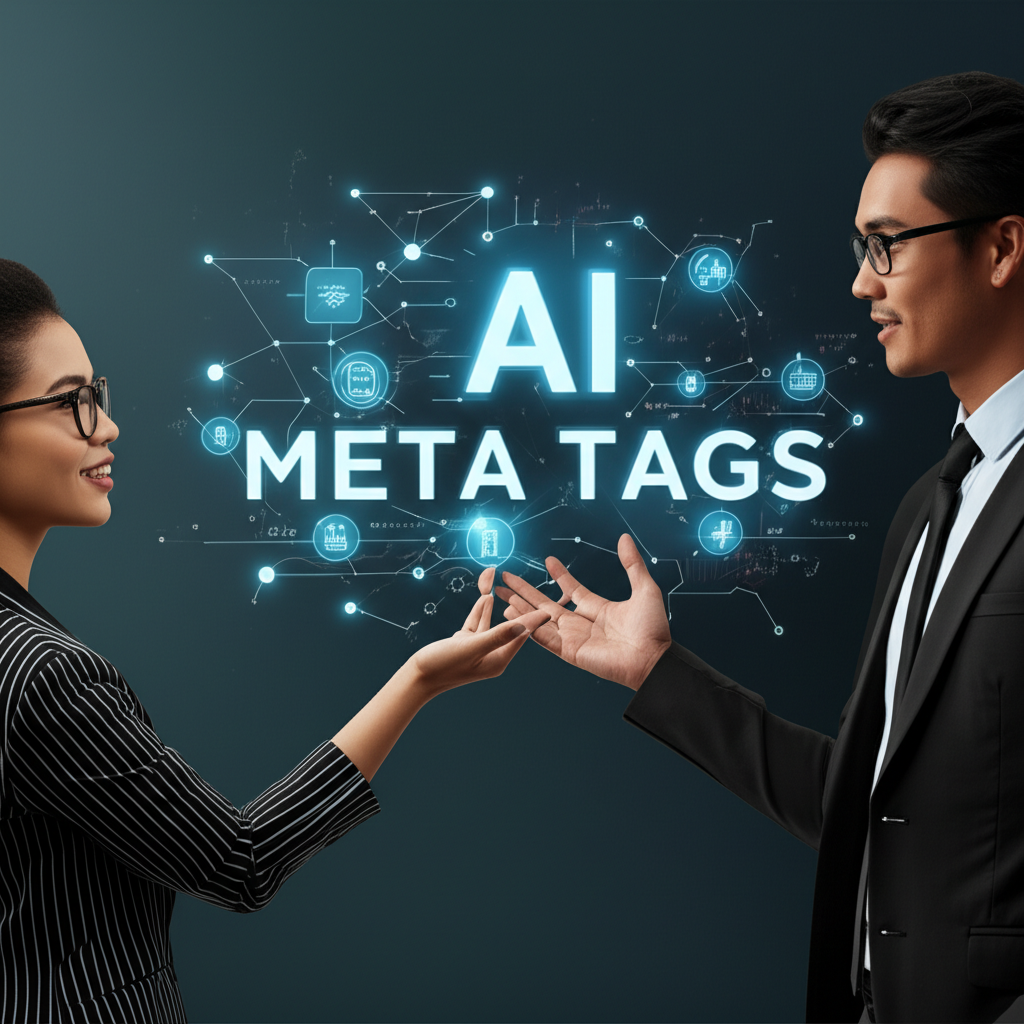Beyond Discovery: How AI is Transforming Legal Due Diligence
Estimated Reading Time: 7 minutes
- AI technology is revolutionizing legal due diligence by automating processes.
- Document analysis and risk assessment are significantly enhanced through machine learning.
- Collaboration among legal teams is improved with AI tools enabling real-time access to information.
- AI integration leads to cost efficiency and quality assurance in legal operations.
- Firms should stay informed about AI trends and invest in training for effective implementation.
Table of Contents
- Understanding Legal Due Diligence
- How AI is Innovating Due Diligence
- The Intersection of AI and Legal Operations
- Challenges and Considerations
- Conclusion
- FAQ
Understanding Legal Due Diligence
Legal due diligence involves a comprehensive investigation or audit of a potential investment or purchase to confirm all material facts and identify any risks. Traditionally a tedious and labor-intensive process, it requires meticulous attention to detail, as attorneys review numerous documents, contracts, and legal obligations. The advent of AI technology is changing the game by automating substantial parts of this process, making it faster and more reliable while reducing human error.
How AI is Innovating Due Diligence
1. Document Analysis and Review
One of the most significant applications of AI in legal due diligence is document analysis. Advanced AI tools can analyze vast quantities of documents, extracting relevant information, identifying patterns, and flagging potential risks. Machine learning algorithms are trained on historical legal data, enabling these tools to understand contextual nuances and apply them in their analyses.
For instance, contracts can be rapidly reviewed to identify critical terms, conditions, and discrepancies. AI solutions, such as those powered by large language models (LLMs), enhance this process by providing sophisticated natural language processing capabilities. This leads to dramatic reductions in the time attorneys must spend reviewing documents and allows them to focus on more strategic tasks.
2. Risk Assessment
AI excels in risk assessment by leveraging predictive analytics to identify potential legal pitfalls. With access to extensive databases, AI tools can cross-reference current legal matters with similar cases, drawing from past outcomes to predict future results. Legal professionals can use these insights to assess the viability of a deal or identify issues that need addressing before finalizing contracts.
Moreover, predictive coding systems can assist with eDiscovery, where AI categorizes and prioritizes documents based on their relevance to legal claims. This automatic sorting ultimately leads to more informed decision-making and minimizes the chances of overlooking critical information.
3. Enhanced Collaboration
AI tools facilitate enhanced collaboration between legal teams and their clients. With cloud-based AI platforms, stakeholders can access real-time data and legal assessments, leading to more transparent communication and faster decision-making. Legal secretaries, paralegals, and attorneys can work simultaneously on shared documents, providing edits and suggestions that are instantly reflected across the board.
Automation of routine tasks also frees up valuable time, allowing legal professionals to engage in deeper discussions about case strategies and resolutions, rather than getting bogged down in administrative duties.
4. Cost Efficiency
The integration of AI into legal due diligence significantly reduces costs associated with traditional labor-intensive processes. By automating document review and risk assessment, firms can lower their overall manpower requirements, leading to reduced overhead expenses and allowing for more competitive pricing strategies.
Additionally, clients benefit from decreased billing hours as a result of more efficient processes, fostering long-term partnerships based on trust and satisfaction with the services provided.
5. Quality Assurance
AI does not simply expedite due diligence; it also enhances the quality of the outcomes. Machine learning algorithms continuously learn from the data they process, improving their accuracy over time. Legal professionals benefit from consistent outcomes that are based on empirical data rather than subjective interpretations.
The use of AI for legal due diligence helps ensure that all relevant information is considered, minimizing the risk of oversights or errors that could lead to serious legal consequences down the line.
The Intersection of AI and Legal Operations
The integration of AI into legal processes is not merely a trend; it’s a paradigm shift. Legal firms that embrace this technology can significantly elevate their competitive edge. Here are some practical takeaways:
- Invest in AI Tools: Firms should actively invest in AI solutions tailored to their specific needs, such as those that specialize in document analysis and risk assessment. Various platforms offer modular services that can be customized to suit diverse operational workflows.
- Training and Upskilling: Legal professionals must undergo training to maximize their use of AI tools. Understanding how to leverage AI in daily operations will enhance productivity and accuracy in legal due diligence.
- Collaboration: Foster an open environment where IT professionals and legal teams collaborate to implement AI solutions effectively. Their combined expertise can help ensure that tools are used to their full potential, further optimizing legal operations.
- Stay Informed about Trends: As AI technology continues to evolve, staying abreast of emerging trends and advancements is critical. Regular training and information sessions can keep teams updated about new tools and best practices.
Challenges and Considerations
While the benefits of AI in legal due diligence are clear, challenges remain. Concerns about confidentiality, data security, and compliance with regulations are paramount for legal firms. To mitigate these risks, firms should establish robust cybersecurity protocols and ensure that any AI systems in use adhere to legal compliance standards.
Additionally, attorneys must remain vigilant about the limitations of AI. These tools supplement rather than replace human judgment. Critical legal decisions still require the nuanced understanding and emotional intelligence that AI cannot replicate.
Conclusion
AI is indeed transforming the landscape of legal due diligence, offering unprecedented efficiency, accuracy, and cost savings. By adopting AI tools, legal firms can enhance their operations, improve client relationships, and stay competitive in a fast-evolving industry.
As the legal industry embraces the capabilities of AI, firms must take proactive steps to integrate these technologies effectively. If your firm is looking to explore how AI can revolutionize due diligence and other legal processes, we invite you to reach out to us. Our expertise in AI and legal technology positions us to assist your firm in navigating this exciting journey.
Call to Action: Ready to elevate your legal operations with AI? Contact us today at Legal GPTs to discover how our consulting services can help your firm thrive in the age of legal technology.
FAQ
1. What is legal due diligence?
Legal due diligence is the investigative process that assesses risks and material facts associated with a potential investment or purchase.
2. How does AI improve document analysis?
AI enhances document analysis by automating the extraction of relevant information and identifying risks within large volumes of documents.
3. What are the main benefits of AI in legal operations?
AI offers cost efficiency, improved accuracy, faster document review, and enhanced collaboration among legal teams.
4. Are there risks associated with using AI in law?
Yes, concerns around data security, confidentiality, and the limitations of AI require careful management within legal processes.
5. How can firms implement AI effectively?
By investing in customized AI tools, training staff on their use, and fostering collaboration between IT and legal teams, firms can optimize AI implementation.




